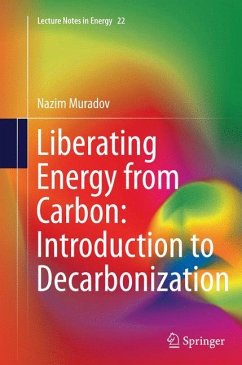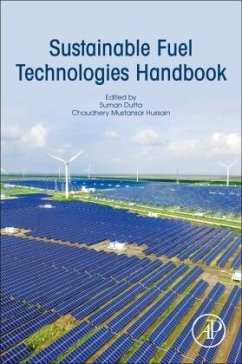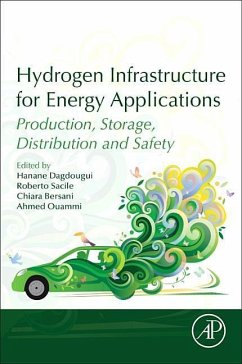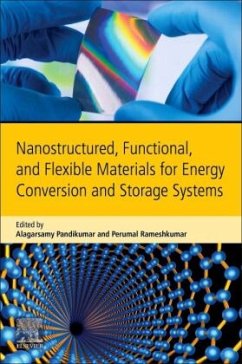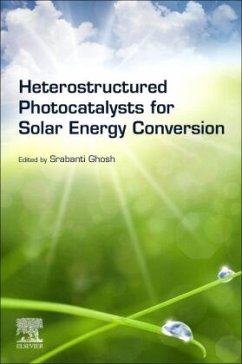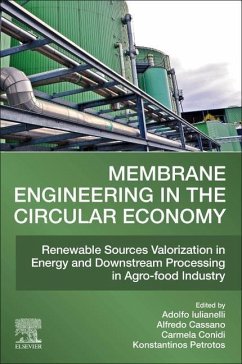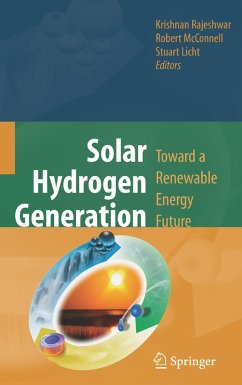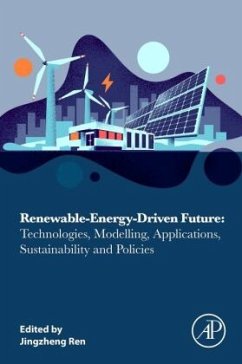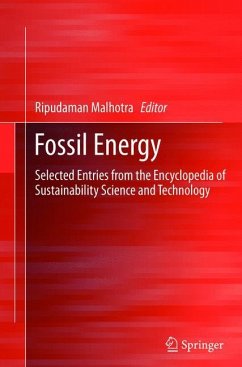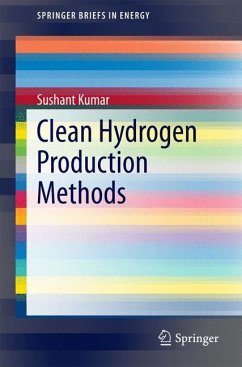
Liberating Energy from Carbon: Introduction to Decarbonization
Versandkostenfrei!
Versandfertig in 6-10 Tagen
113,99 €
inkl. MwSt.
Weitere Ausgaben:

PAYBACK Punkte
57 °P sammeln!
Liberating Energy from Carbon analyzes energy options in a carbon-constrained world. Major strategies and pathways to decarbonizing the carbon-intensive economy are laid out with a special emphasis on the prospects of achieving low-risk atmospheric CO2 levels. The opportunities and challenges in developing and bringing to market novel low and zero-carbon technologies are highlighted from technical, economic and environmental viewpoints. This book takes a unique approach by treating carbon in a holistic manner-tracking its complete transformation chain from fossil fuel sources to the unique pro...
Liberating Energy from Carbon analyzes energy options in a carbon-constrained world. Major strategies and pathways to decarbonizing the carbon-intensive economy are laid out with a special emphasis on the prospects of achieving low-risk atmospheric CO2 levels. The opportunities and challenges in developing and bringing to market novel low and zero-carbon technologies are highlighted from technical, economic and environmental viewpoints. This book takes a unique approach by treating carbon in a holistic manner-tracking its complete transformation chain from fossil fuel sources to the unique properties of the CO2 molecule, to carbon capture and storage and finally, to CO2 industrial utilization and its conversion to value-added products and fuels. This concise but comprehensive sourcebook guides readers through recent scientific and technological developments as well as commercial projects that aim for the decarbonization of the fossil fuel-based economy and CO2 utilization that will play an increasingly important role in the near- and mid-term future. This book is intended for researchers, engineers, and students working and studying in practically all areas of energy technology and alternative energy sources and fuels.






